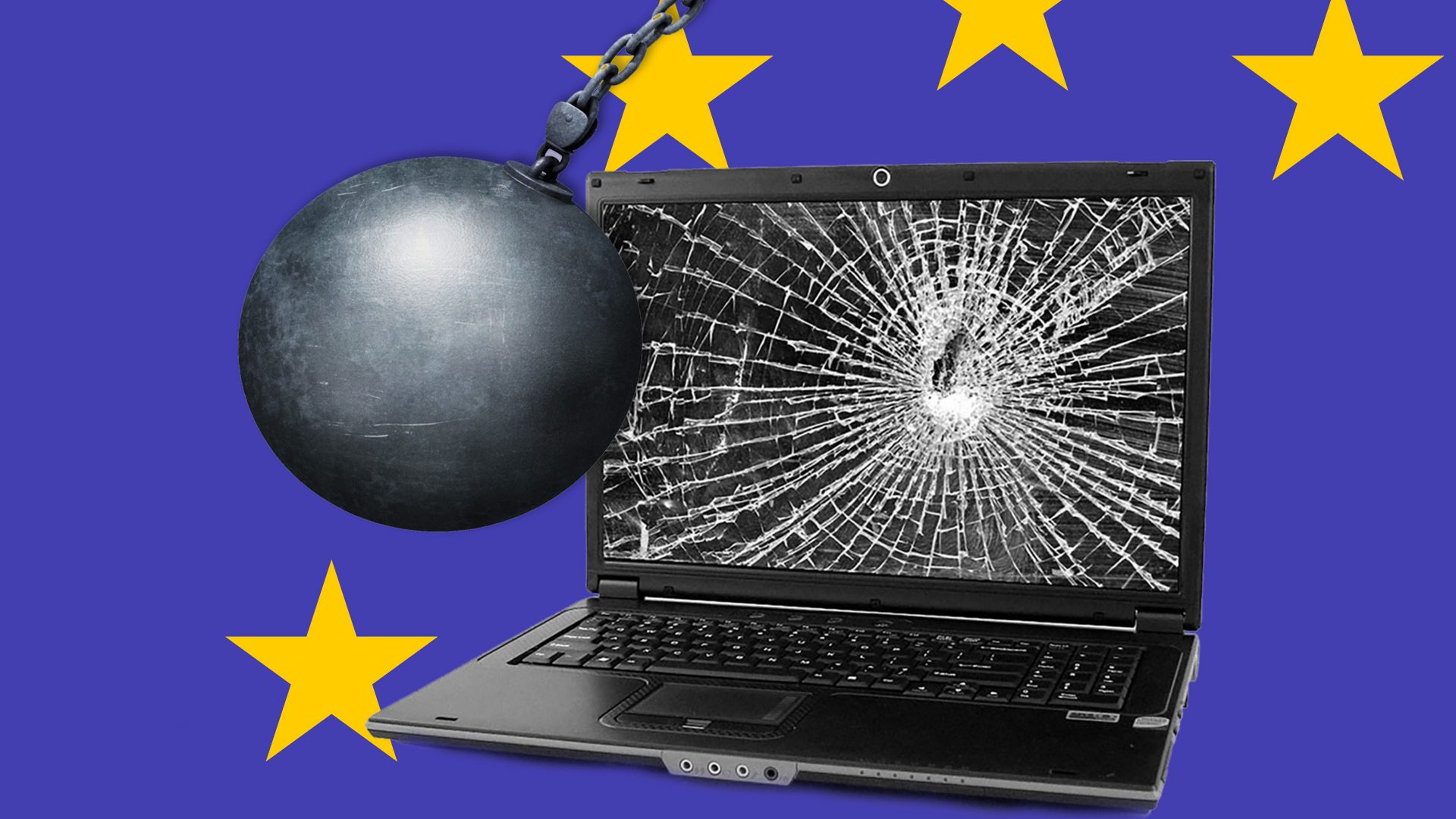Shortly before it was confirmed that Paul Dacre was finally to be granted the peerage for which he has for so long been so desperate, I was speaking at a Tortoise event on relations between politics and media.
Tortoise founder and former Times and BBC high honcho James Harding asked me to explain why so many stories that were bad for the government simply went unreported in large sections of the press. The answer, I suggested, was intellectual corruption. Dacre’s dishonourable honour is a reward for it.
Adding to the whole putrid nature of his planned “elevation” – don’t you just love how they see this as some kind of huge step up the social climbing frame? – was the fact that it emerges amid yet another legal action over alleged press malpractice. This one is firmly directed at Dacre’s Mail, including the accusation of placing listening devices in people’s homes.
Mail hate figure Prince Harry – how dare he bring someone of colour into the royal family? – was the focus of a lot of the coverage when details of the case broke. But the really important name in the mix of those bringing the action is that of Doreen Lawrence, mother of Stephen Lawrence, who was murdered in 1993 in a racially motivated attack.
Dacre has built a one-man moral cleansing self-help campaign on his coverage of the rare occasion on which he backed the victim of racism over its perpetrators. If a court establishes that his paper was illegally breaching intrusion and privacy laws in relation to the Lawrence family, to whom he claims to have been such a support over Stephen’s murder, that could be a moment to match the Millie Dowler tipping point phone-hack that led to the Leveson Inquiry.
Labour MP Chris Bryant has said the peerage should be delayed until the outcome of the legal action is known, and I wish him well. Yet strangely, given I have loathed Dacre for as long as I have, and hoped he would not land the establishment prize for which he has been yearning for all these years he has posed as an anti-establishment voice of middle England, I found it almost pleasing to have it confirmed he was on the list. There is something so blatantly awful about it that it will play its own role in hammering more nails into the coffins both of the House of Lords as currently constituted, and of the Tory Party.
It confirmed once more the debasing of standards in public life under Boris Johnson, and indicated clearly that Liz Truss will be doing nothing to reverse the debasement. The blatant moral corruption exposed by this and other appointments of sundry Tory hacks and donors will hopefully hasten reform of the Lords, on which Gordon Brown has some interesting ideas coming down the track in the constitutional review he is doing for Keir Starmer.
Then a couple of days later we learned that Johnson had eight Tory MPs lined up for peerages on his resignation honours list (including the one since suspended for alleged misconduct at the Tory Conference), and Truss is pleading with them to defer their acceptance of the ermine, to avoid a glut of byelections. Deferred peerages allowing you to sit as an MP up to an election, then switch to the Lords at a date of her choosing… How very Johnson. How very Truss. How very Tory.
You can disgust some of the people some of the time. But you can’t disgust all of the people all of the time, which this lot appear strangely determined to do.

Confidence and momentum are vital ingredients in winning campaigns, and I sense that because he has found some of the former, Keir Starmer is feeling a fair bit of the latter. A combination of Labour’s conference going pretty well, and the Tories’ going badly, seems to have instilled a real belief in Labour ranks that they can win the next election.
That confidence is emanating outwards. At the Tortoise event, I asked for a show of hands on the question: “Have your impressions of Keir Starmer changed for the better or the worse in recent weeks?” There was an overwhelming majority for the former.
A lot can happen between now and the election, and Labour would be wise to dismiss as froth polls suddenly showing them with a 33-point lead over the Tories, and wiser still to start putting their feet to the accelerator in pushing out the positive agenda for change. But confidence can be contagious.
I was lucky enough to have a tour of the Bodleian Library in Oxford last week – all part of their effort to get me to give them the originals of my diaries, I suspect. In addition to giving me the general run of the place, Richard Ovenden, who delights under the title of “Oxford University’s Head of Gardens, Libraries and Museums”, arranged for me to see some very special items.
Among them was the first map that had Burnley FC stadium Turf Moor on it, and the original manuscript of a wonderful old book about the Hebridean island of Tiree, where my Dad came from. But my two highlights were both from the hand of former Labour prime ministers: Clement Attlee’s loving letters to his wife from his travels, and Jim Callaghan’s notes to himself before cabinet meetings about how he viewed some of his colleagues and how he intended to handle them.
Digitalisation has changed so much about the way we live, work and communicate, and must be a nightmare for archivists. I am sure there will be plenty of interest in future decades and centuries when generations as yet unborn study the email exchanges, texts, tweets and typed notes of current major political figures. But there is something so special about seeing a handwritten note like those the Bodleian team kindly displayed for me.
As for my diaries, they are handwritten, but largely illegible to anyone but me. I don’t know whether that second point makes them more or less interesting to a library. The interest, however, is noted.
To Blackpool at the weekend, where the Illuminations had drawn lots of people and traffic to the Promenade, and more than 2,000 people were drawn to the Winter Gardens, where Rory Stewart and I were doing a live The Rest Is Politics show.
Our podcast has taken on something of a life of its own, regularly topping the UK charts, and getting so much feedback online and in person that it is sometimes a bit overwhelming.
One of the most surprising things has been how often that feedback comes to me from Tory MPs. You’d have thought messages like “you’re doing a great job calling out this shit show” would have been more likely sent to my ex-Tory MP co-podcaster, but it was into my inbox that one came. When I asked the MP what they intended to do about the shit show, he replied: “Get more of the policies changed like we did with the 45p top-rate nonsense. Welfare next. And watch out for the war against the war on nature.”
Message of the week, however, undoubtedly went to the (clearly private-school educated) backbencher listener who WhatsApped: “I love the way you dress down the Tory Party! Like a headmaster flexing and bending the cane before delivering a thrashing… Thanks!”
Keep ’em coming, guys.




